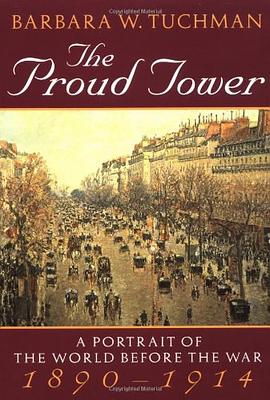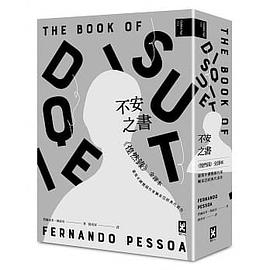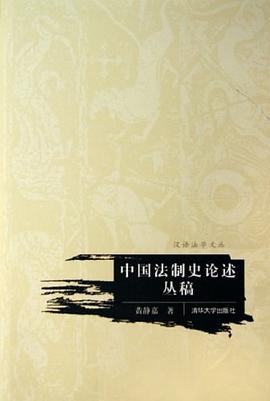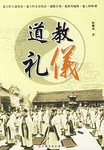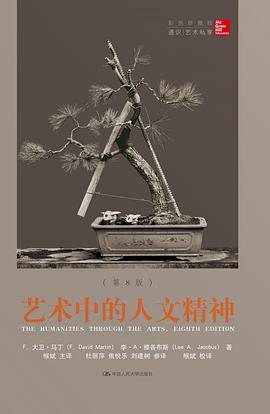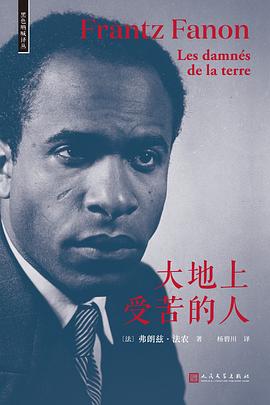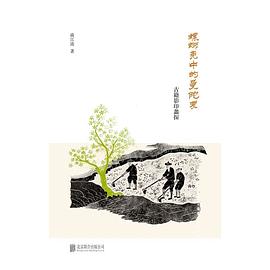The Proud Tower
内容简介
The diplomatic origins, so-called, of the War are only the fever chart of the patient; they do not tell us what caused the fever. To probe for underlying causes and deeper forces one must operate within the framework of a whole society and try to discover what moved the people in it.
--Barbara W. Tuchman
The fateful quarter-century leading up to the World War I was a time when the world of Privilege still existed in Olympian luxury and the world of Protest was heaving in its pain, its power, and its hate. The age was the climax of a century of the most accelerated rate of change in history, a cataclysmic shaping of destiny.
In The Proud Tower, Barbara Tuchman concentrates on society rather than the state. With an artist's selectivity, Tuchman bings to vivid life the people, places, and events that shaped the years leading up to the Great War: the Edwardian aristocracy and the end of their reign; the Anarchists of Europe and America, who voiced the protest of the oppressed; Germany, as portrayed through the figure of the self-depicted Hero, Richard Strauss; the sudden gorgeous blaze of Diaghilev's Russian Ballet and Stravinsky's music; the Dreyfus Affair; the two Peace Conferences at the Hague; and, finally, the youth, ideals, enthusiasm, and tragedy of Socialism, epitomized in the moment when the heroic Jean Jaurès was shot to death on the night the War began and an epoch ended.
"Tuchman [was] a distinguished historian who [wrote] her books with a rare combination of impeccable scholarship and literary polish. . . . It would be impossible to read The Proud Tower without pleasure and admiration."
--The New York Times
"Tuchman proved in The Guns of August that she could write better military history than most men. In this sequel, she tells her story with cool wit and warm understanding, eschewing both the sweeping generalizations of a Toynbee and the minute-by-minute simplicisms of a Walter Lord."
--Time
......(更多)
作者简介
巴巴拉·W·塔奇曼(Barbara W. Tuchman,1912—1989),美国著名历史学家、作家,1963年和1972年凭《八月炮火》与《史迪威与美国在中国的经验,1911—1945》两度获得普利策奖。她偏爱以文学的方式书写历史,她的文字充满戏剧性和画面感,在充分 发掘史料的前提下伴随着意味深长的议论和反思。其作品深受大众读者和费正清等历史学家的推崇。
奥利弗·B·波拉克曾这样写道:“作为历史学家,塔奇曼不是在为其他历史学家们而写作;在她的著作里,字里行间,千百万大众读者通过她的文字感受到了历史的精彩之处。”
......(更多)
目录
......(更多)
读书文摘
走进19世纪的人们仅使用人力和畜力,辅以风力和水力,这同进入12世纪甚至公元1世纪相比,没什么不同。但从19世纪进入20世纪的人们,运输、交流、生产、制造及武器研制的能力却因为机器的能量而翻了几千倍。
......(更多)
